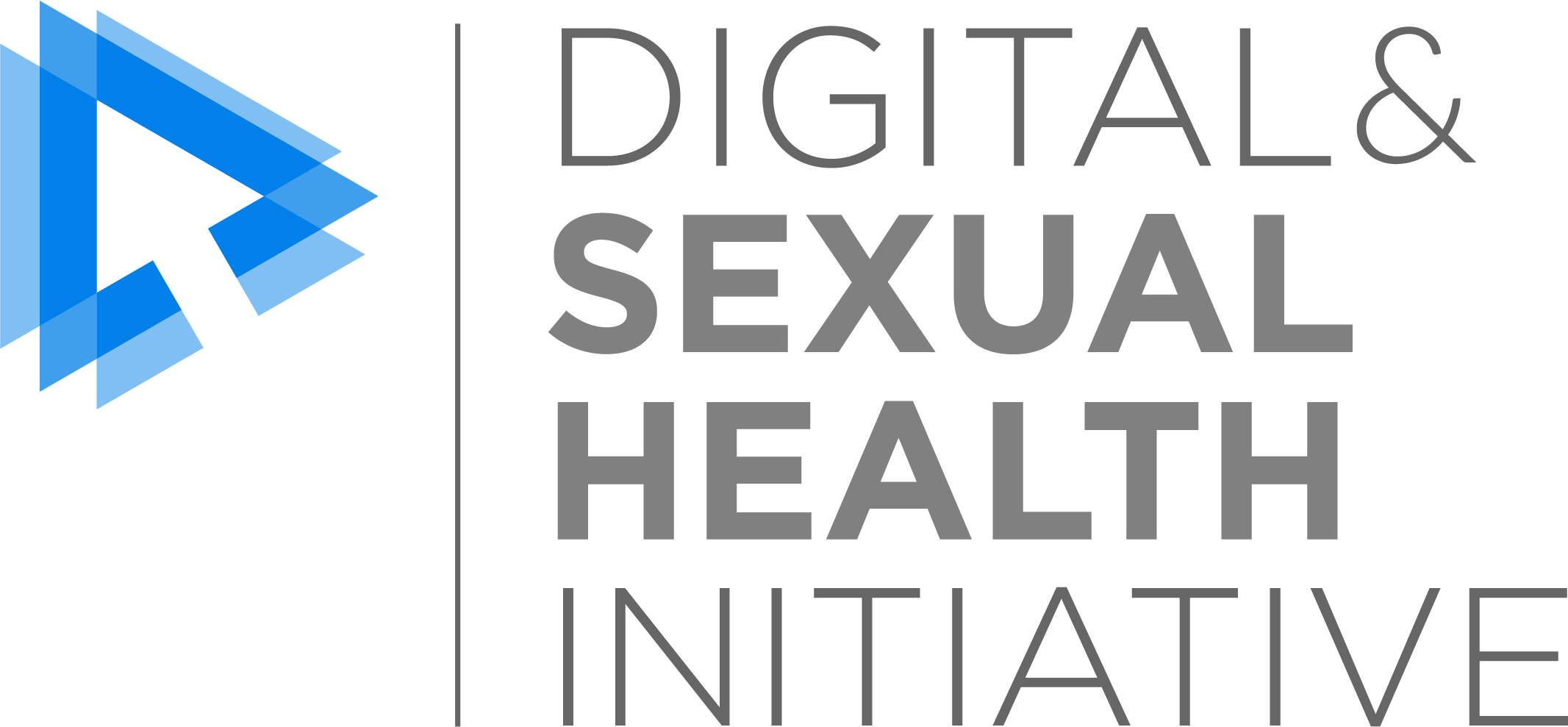Scale-up and Sustainability of Digital Public Health Services for STBBI Testing: an Investigation of Healthcare Service and HIV Policy Context in British Columbia
Research theme(s)
Internet Based Testing
Oralia Gómez-Ramírez, Kinnon MacKinnon, Devon Haag, Sophie Bannar-Martin, Maja Karlsson, Catherine Worthington, Daniel Grace, Mark Gilbert.
CAHR Virtual 2020, May 1-2, 2020
Background
Digital public health services in sexual health can help strengthen STBBI prevention efforts and benefit population health outcomes. Yet less is known about the way policy and socio-economics influence the life cycles of their implementation. We investigated how contextual factors shape the scale-up and sustainability of GetCheckedOnline, an internet-based public health service for STBBI testing available in select British Columbia communities.
Methods
We conducted an Institutional Ethnography of the ongoing implementation of GetCheckedOnline. Between April and December 2019, we conducted 23 interviews with stakeholders from the BC Centre for Disease Control, Interior and Island Health, and community organizations. We observed 20 operations and planning meetings, and conducted textual analysis of key documents. Inductive and iterative analyses uncovered mid-range and macro-level implementation contextual factors affecting scale-up and sustainability.
Results
The positioning of GetCheckedOnline within the broader healthcare and testing landscape varied by geographical setting. In sites with existing specialized and community STI testing services, internet-based testing operated alongside other options and diversified testing access points; in sites shaped by a shortage of primary care providers and closed-down public health STI clinics, it fulfilled a more standard testing provision role. GetCheckedOnline is situated within a provincial STI clinic; while this enabled initial implementation and scale-up, financial and infrastructure constraints within public health agencies and across public and private laboratory services have since limited further scale-up. Similarly, disease-specific funding and policy priorities attached to HIV helped service scale-up; however, HIV-specific policies have more recently hindered the sustainability of integrated digital STBBI programming.
Conclusions
Our findings suggest that both the organization of healthcare services and HIV-specific policy have shaped, and ultimately determined, the scale-up and sustainability of GetCheckedOnline. These findings affirm the need to consider how policy and the healthcare landscape operate as contextual factors
determining the implementation of digital public health services.
